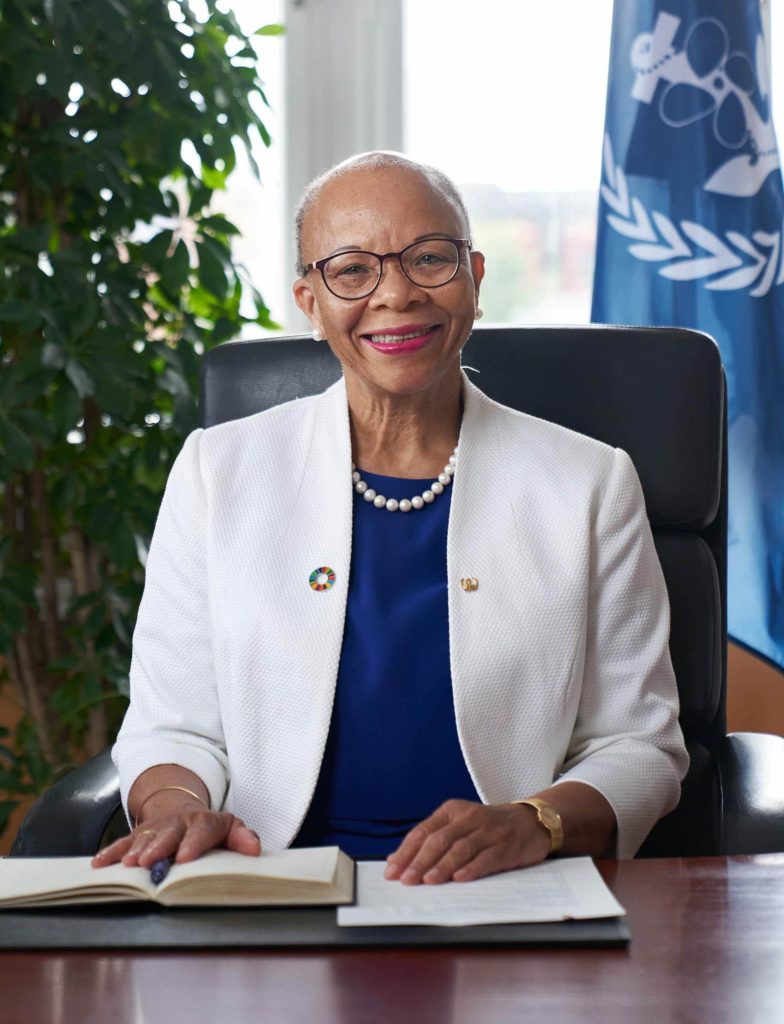Seven (7) member states of the International Maritime Organization (IMO) have nominated candidates for the post of Secretary General, as the term of the current incumbent, WMU Alumni Kitack Lim of the Republic of Korea, will expire on December 31. of 2023.
The seven nominees are Moin Uddin Ahmed from Bangladesh, Suat Hayri Aka from Turkey, Arsenio Antonio Domínguez Velasco from Panama, Cleopatra Doumbia-Henry from Dominica (the current WMU President), Nancy Karigithu from Kenya, Minna Kivimäki from Finland and Zhang Xiaojie. from China.

The IMO Council has approved the procedures for holding the election of the Secretary-General at its 128th session in December 2022. The election will take place on Tuesday, July 18, 2023 at IMO headquarters.
After the election, the Council’s decision will be submitted to the 33rd session of the IMO Assembly at the end of 2023, and the Assembly will be invited to approve the appointment. The Secretary General-elect will assume office on January 1, 2024.
The Secretary-General plays a key role in directing the organization’s efforts to achieve the goals and objectives of IMO. The election comes at a critical time in the history of the maritime industry, as the sector faces increasing pressure to decarbonise and meet even tougher emissions reduction targets. With IMO member states calling for a net zero emissions target by 2050, the new Secretary General will have a crucial role to play in leading the industry towards a sustainable future.
IMO is currently in the process of reviewing its existing climate strategy, which aims to halve emissions from ships by 2050. Namely IMO MEPC 80, which will take place in July 2023 in London. , is shaping up to be the most important climate meeting. 2023 for the shipping industry.
At this meeting, the IMO is expected to adopt its revised greenhouse gas (GHG) emissions strategy, which will set out the regulatory framework and transition path for industry decarbonisation. The outcome of this meeting will have far-reaching implications for the industry, as member states call for full decarbonisation by 2050.
To achieve this goal, a strong policy and regulatory framework is needed. This includes the adoption of measures and objectives based on a healthy life cycle and a basket of measures in the medium term. To support the fuel transition and close the competitiveness gap, a policy mix is needed that combines demand-side and supply-side policies. Furthermore, to ensure a just and equitable transition, regulators must prioritize the urgency and scale of the transition. By 2030, at least 5% of international shipping fuels must be zero-emission, scalable fuels.
Source: offshore-energy.biz
